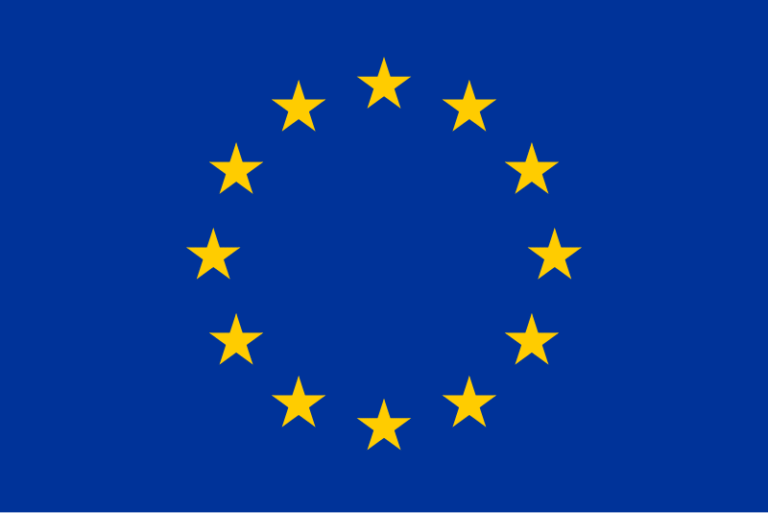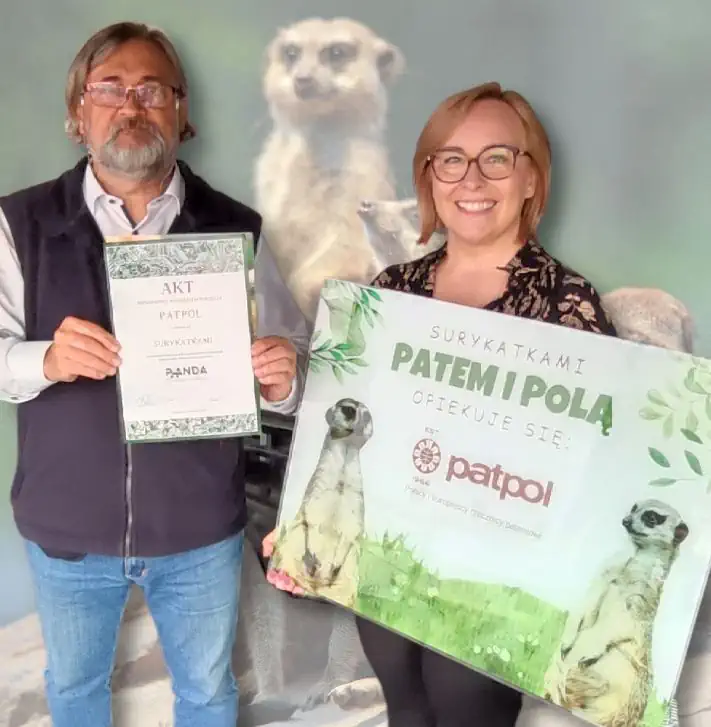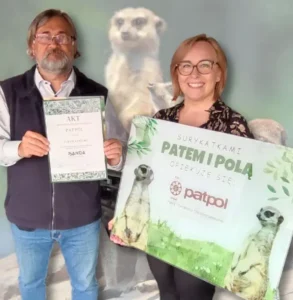Author: Joanna Rafalska, Polish and European Trademark and Design Attorney.
In the circles of Polish intellectual property experts and practitioners, for some years there has already been going a discussion about the growing need for a coherent amendment to the Industrial Property Law. The Act itself has been amended a number of times, incorporating the changes resulting from the updates in the EU legislation and international laws. As a result, the present form of this legal Act may boldly be considered non-transparent. Too many cross-references appearing in the Act caused that it has lost its uniformity and clarity, and the implications resulting from the specific provisions have often been found hardly interpretable.
Now both professional practitioners and legislators stand at the long-awaited moment, in which not merely “a modification”, but a profound and systemic amendment of the Polish IP Law is to be performed. Simultaneously, one is wondering whether the proposed changes will properly solve the problematic issues, and to what extent they will simplify the practical application of law and conducting the proceedings, or on the contrary – what complications may potentially arise after implementing the amendments.
Below I will focus on the most essential changes that have been proposed in the draft amendment of the Polish Law on Industrial Property in the field of trademarks and industrial designs.
First of all, according to the draft, the double-step payment of fees in the application-registration proceedings before the Polish Patent Office will not be applicable any longer. Currently, payment of the official fees is divided into two steps: the first fee is paid at the application stage (the application fee), while the second one is paid upon registration of the mark (the fee for publication and the first ten-year protection period). After the amendments come into effect, the two fees will be replaced by a single one, which shall be paid at the time of filing a trademark or design application, as it is done for example in the European Union Intellectual Property Office.
In my opinion, this is a very good and practical change, because in Polish practice, a conditional decision (issued on condition of payment of the second fee) often expired due to lack of payment. As a result, a trademark that had not faced any registration obstacles did not obtain registration. The introduction of one fee in place of two seems to be an effective remedy for such frequent cases.
The draft amendment of the IP Law also provides for the abandonment of the joint right of protection for a trademark. The draft will refer in this regard to civil law provisions on joint ownership. Joint trademarks and guarantee marks are to remain without major changes.
Changes are also to be made in the nature and place of publications. Until now, the publications used by the Polish Patent Office (PPO) were the Patent Office Bulletin and the Patent Office Journal. The former published, among others, information on the applied trademarks, while the latter published information on registrations. The draft to amend the IP Law provides for the introduction of the institution of “public disclosure” in place of publication in the Bulletin. The public disclosure of a new trademark application will be of particular importance here, as the deadlines in the opposition proceedings (after the amendment ? the objection proceedings) will be calculated from this date. Similarly, the disclosure of a trademark and the subsequent publication after examination of the absolute grounds for granting protection will take place on the Patent Office’s website instead of the Bulletin.
Continue reading online



![Amendments to the Polish Law on Industrial Property – novelties in trademarks and industrial designs [article in The Trademark Lawyer]](https://patpol.pl/wp-content/uploads/2022/09/Joanna-Rafalska-dla-The-Trademark-Lawyer.webp)










